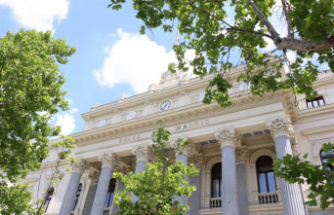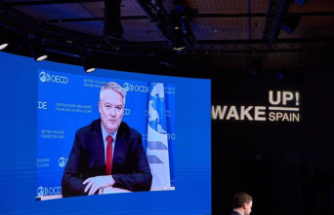MADRID, 30 Nov. (EUROPA PRESS) -
More than 90% of the VAT increase on sugar-sweetened beverages in Spain ended up being transferred to the final price of the products, according to the report 'The effects of the VAT increase on the consumption of sugar-sweetened beverages in Spain', prepared by Esade .
Specifically, this rise corresponded to an approximate average increase in the amount of 12 cents per litre, or what amounts to the same, an increase of 9.6% over the average price per litre.
In addition, the report confirms that the effect of this price increase on the amount of soft drinks consumed was concentrated exclusively in households with a lower economic level.
In the case of 33% of the poorest households, the VAT increase generated a negative and very significant drop in the consumption of soft drinks of 10.8 liters per household per year, which represents a very significant effect on their previous consumption, which amounted to 83 liters per household and year in 2020, the year prior to the application of this measure, and is equivalent to a drop in consumption of 13%. However, for the rest of the households the effect of the tax was not statistically significant.
One of the objectives of the policy to discourage sugar consumption is to reduce childhood obesity. For this reason, the report indicates that it is "especially relevant" that the effect of the tax triples for households with the lowest equivalent expenditure with children between the ages of 5 and 16, where the estimated drop reaches 25 liters per household per year. Among households with children this drop in consumption would be 20%, while for poor households without children it would be approximately 7%.
Lastly, the ESADE study shows that among lower-income households, spending on snacks, which is considered a complementary good to sugary drinks, fell by 5 euros per household per year, representing a drop of 10, 5% as a consequence of the VAT increase on sugary and sweetened beverages.
"This policy had an effect not only on the goods to which it was directed, but on others with which they are commonly consumed, and which are also considered potentially harmful in terms of nutrition," the report underlines.













